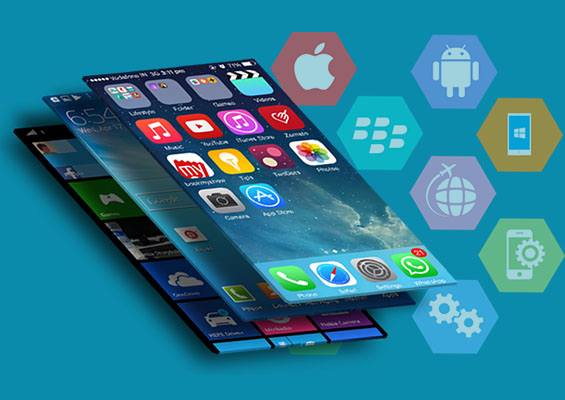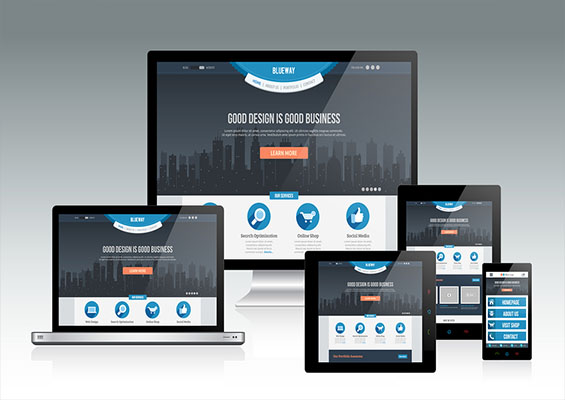How Hybrid Mobile Apps Enhance Business Experience!

Active dialogs and discussions focused on the potential takeover by mobiles or smartphones for browsing internet by consumers have been going around for quite some time now. In the year 2016, the global mobile search traffic exceeded desktop/laptop traffic for the first time, marking it the beginning of a new era of mobile marketing for many professionals across the globe.
The sign is clear – marketing professionals should now focus more into developing mobile marketing strategies as smartphones are the only way these days to reach potential target audiences. This is where hybrid mobile apps come into picture.
The Need of Hybrid Mobile Apps in the Era of Digital Marketing:
Before we delve any further, let us understand some genuine facts pertaining to Hybrid apps.
According toOfCom Communications Market report, adults in the US spend approximately 87 hours per month browsing the net on smartphone. Internet browsing through desktop has significantly fallen to 30 hours per month.
These facts state that a consumer utilizes smartphones as a means to access the internet, thus companies should focus on developing relevant marketing strategies that would help them to make the most out of smartphone. Likewise, one such practical media options for companies is the use of hybrid apps for delivering a seamless experience to target audiences.
What are Hybrid Apps?
Hybrid apps are developed to deliver smooth experiences across platforms. They are web apps which is developed combining the best of both HTML5 and native worlds.
Native apps are those which are built using platform specific programming languages. One such example is the GPS on smartphone.
Thus, a hybrid mobile app is packaged in native web view, presented via the inbuilt browser of the smartphone.
Some of the benefits a business can derive out of hybrid apps:
- A combination of features:
By using hybrid apps, a company can avoid to need to build numerous native apps for each platform. Developing multiple apps can be a challenge for many companies, and that is where hybrid mobile apps come into picture to deliver a uniform experience.
- Seamless integration:
Unlike native apps, hybrid mobile apps can be completed in one language, and then modified for use with other platforms. This enables iOS and Android apps to easily adapt for web and desktop applications.
- Hassle-free upgrades:
Hybrid apps are known to provide unified upgrades. For instance, coders have access to plugin libraries which can be used to execute upgrades in hybrid mobile apps. Moreover, these upgrades are instantly pushed to all relevant platforms in a short span, due to the use of web pages of user interface (UI) elements in the apps.
- Can be operated offline:
Hybrid apps are equipped in way that data used can be stored offline. This can actually enrich the experience of users who are have low internet connectivity. In this way, hybrid mobile apps can overcome certain internal limitations, delivering enhanced user experience to target audience, thus augmenting the brand’s image to its zenith.
- Speed:
For any company that requires its mobile app to be live on app stores instantly, hybrid mobile apps development is the only viable option. This qualifies a company to penetrate into the market across all domains, especially for SMEs, helping them get a competitive advantage over larger contenders.




